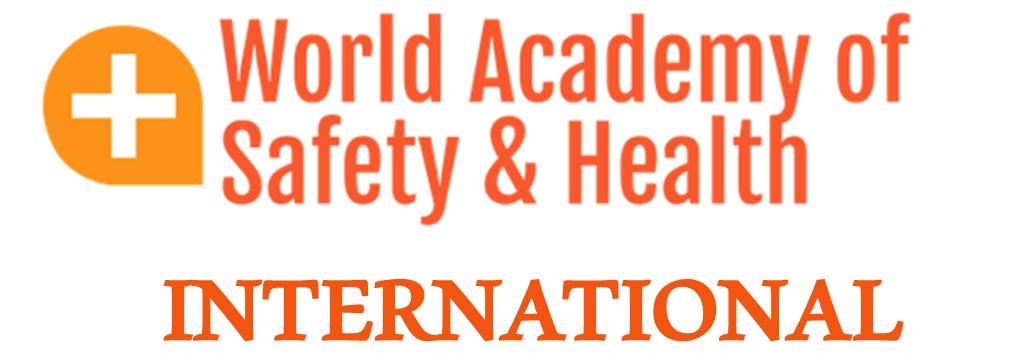The Safety at Sea course is a vital training program for individuals working in maritime and offshore industries, ensuring that they are well-prepared to handle emergencies and maintain safety standards at sea.
The WASH International Maritime Training division, has extensive experience and expertise in offering such courses. Here is some general information about what participants might expect in a Safety at Sea course in the Caribbean:
- Course Content: Safety at Sea courses typically cover a wide range of topics, including shipboard safety procedures, firefighting techniques, first aid and medical care at sea, survival techniques, and search and rescue operations. The specific content may vary depending on the course level and duration.
- Certification: Successful completion of the course often leads to internationally recognized certifications in accordance with the Standards of Training, Certification, and Watchkeeping (STCW) convention. This certification is essential for anyone working on commercial vessels.
- Practical Training: Safety at Sea courses often include hands-on training exercises and drills to simulate real-life emergency situations. These practical sessions are crucial for building the skills and confidence needed in emergency situations.
- Safety Equipment: Participants will learn how to use various safety equipment commonly found on ships, such as life jackets, life rafts, fire extinguishers, and distress signals.
- Navigation and Weather Awareness: Understanding navigation and being aware of weather conditions are vital aspects of maritime safety. Courses may include modules on navigation techniques and interpreting weather reports.
- Emergency Response: Instructors typically emphasize quick and effective response to maritime emergencies, including man-overboard situations, fires, and abandon ship procedures.
- Regulatory Compliance: The course will also cover the legal and regulatory aspects of safety at sea, ensuring that participants understand their responsibilities and the rules governing maritime safety.
- Survival Skills: Survival techniques, including sea survival and survival craft operations, are crucial components of the training.
- Environmental Concerns: Given the importance of environmental stewardship, some courses may also cover topics related to pollution prevention and response.
- Duration and Locations: Safety at Sea courses can vary in duration, from a few days to several weeks, depending on the level of certification. The Caribbean region offers an ideal setting for such training due to its proximity to the sea and the diverse maritime environments it offers.
Our office can provide you with comprehensive information tailored to your needs. We can provide specific details on upcoming courses, schedules, and registration procedures for our Safety at Sea courses in the Caribbean. Please CONTACT US for more information.
Safety at Sea Training in:
Anguilla; Antigua; Aruba; Bahamas; Barbados; Bermuda; Bonaire; BVI; Cayman islands; Cuba; Curacao; Dominica; Dominican Republic; Grenada; Guyana; Honduras; Jamaica; Martinique; St. Bart’s; St. Lucia; St. Kitt’s and Nevis; St. Maarten; St. Vincent and the Grenadines; Trinidad and Tobago; Turks and Caicos; USVI
